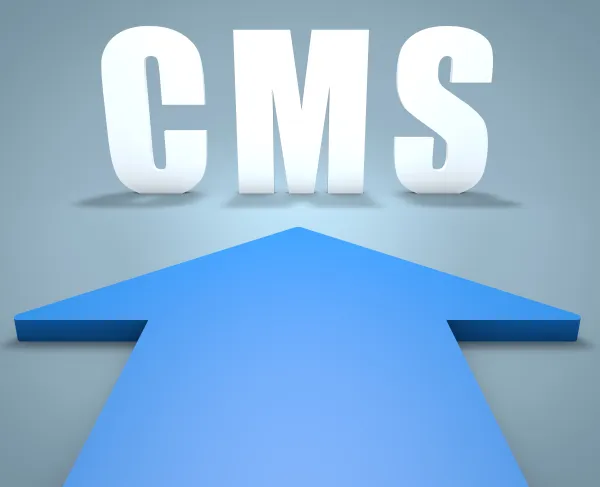CMS Launches Primary Care Model, Impacting 20,000 Clinicians

You’ll be able to apply for the track most applicable to you within the next few months.
CMS’s new primary care payment model could drastically transform how practices collect reimbursement—and the first phase of the program will impact 20,000 physicians and other practitioners at up to 5,000 practices nationwide.
That’s the word from an April 11 announcement from the agency, which heralded the rollout of the Comprehensive Primary Care Plus program, known as “CPC+” for short. “By supporting primary care doctors and clinicians to spend time with patients, serve patients’ needs outside of the office visit, and better coordinate care with specialists we can continue to build a health care system that results in healthier people and smarter spending of our health care dollars,” said Patrick Conway, MD, CMS’s chief medical officer. “The Comprehensive Primary Care Plus model represents the future of health care that we’re striving towards.”
The five-year CPC+ program will operate in two separate phases, known as “track one” and “track two,” and participating doctors will be assigned to either one or the other, but not both tracks.
Payments Differ Based on Track
The track models will operate as follows, CMS said in its news blast:
Both tracks: Clinicians must offer patients 24-hour access to care and health information, help patients with chronic diseases achieve their health goals, deliver preventive care, engage patients and their families in their care, and work with other clinicians to provide better coordinated care.
Track one: Practices will collect a monthly care management fee in addition to fee-for-service payments under the Medicare Physician Fee Schedule.
Track two: In addition to the items provided in both tracks, clinicians in track two must offer more comprehensive services for patients with complex needs, such as a systematic assessment of their psychosocial needs and an inventory of resources and support to meet their needs. In this phase, practices will collect a monthly care management fee and “instead of full Medicare fee-for-service payments for E/M services, will receive a hybrid of reduced Medicare fee-for-service payments and up-front comprehensive primary care payments for those services.”
Look out: The up-front incentive payments can stay in your coffers if you meet CMS’s performance metrics for quality and utilization. If you don’t, however, you may have to repay the money. “The payments under this model encourage doctors to focus on health outcomes rather than the volume of visits or tests,” CMS explains.
Primary Care Doctors Celebrate the Shift
Primary care advocacy groups appeared to be pleased with the potential of the CPC+ program. “The American Academy of Family Physicians applauds the CMS announcement of the CPC+ initiative,” said AAFP President Wanda Filer, MD, MBA in an April 11 statement. “The AAFP has called for a transition away from episodic fee-for-service payments towards a blended payment model that supports direct patient care as well as the coordination and care management that is so important for high-performing primary care. By combining blended payment with bringing all public and private payers to the table, CPC+ is yet another important step toward transforming the way patients get care, the quality and efficiency of that care, and the overall improvement of health in the community.”
Likewise, the American College of Physicians is optimistic about the potential that the new program will offer to internal medicine practitioners. “ACP believes that CPC+ offers the potential of greatly strengthening the ability of internists and other primary care clinicians, in thousands of practices nationwide, to deliver high value, high performing, effective, and accessible primary care to millions of their patients,” said ACP President Wayne J. Riley, MD, MPH, MBA, MACP in an April 11 statement.
You can apply to partner with the CPC+ program between July 15 and Sept. 1 if your region is selected for the program, and CMS will announce the participating regions at some point in the future. Although you can apply to the specific track that you find fits your practice better, CMS may offer you a slot in track one if you don’t meet the eligibility requirements for track two (which includes a letter from your health IT vendor stating that it will support you with advanced health IT capabilities).
Resource: To read a fact sheet about the new CPC+ model, visit www.cms.gov/Newsroom/MediaReleaseDatabase/Fact-sheets/2016-Fact-sheets-items/2016-04-11.html.




